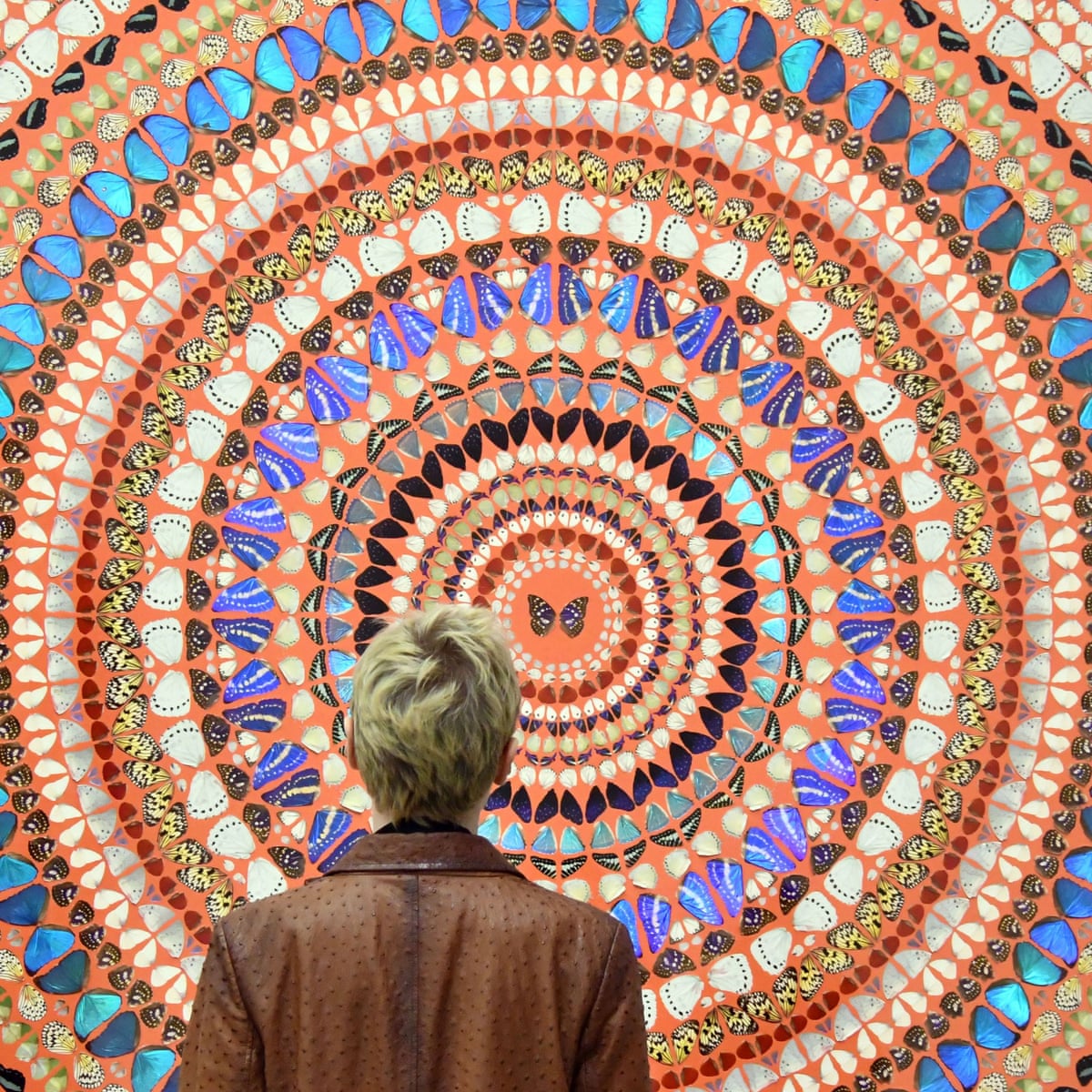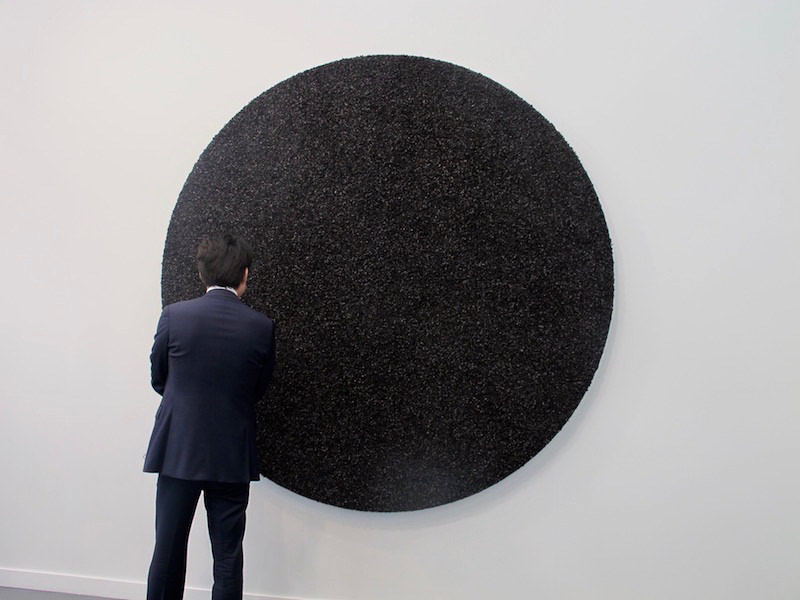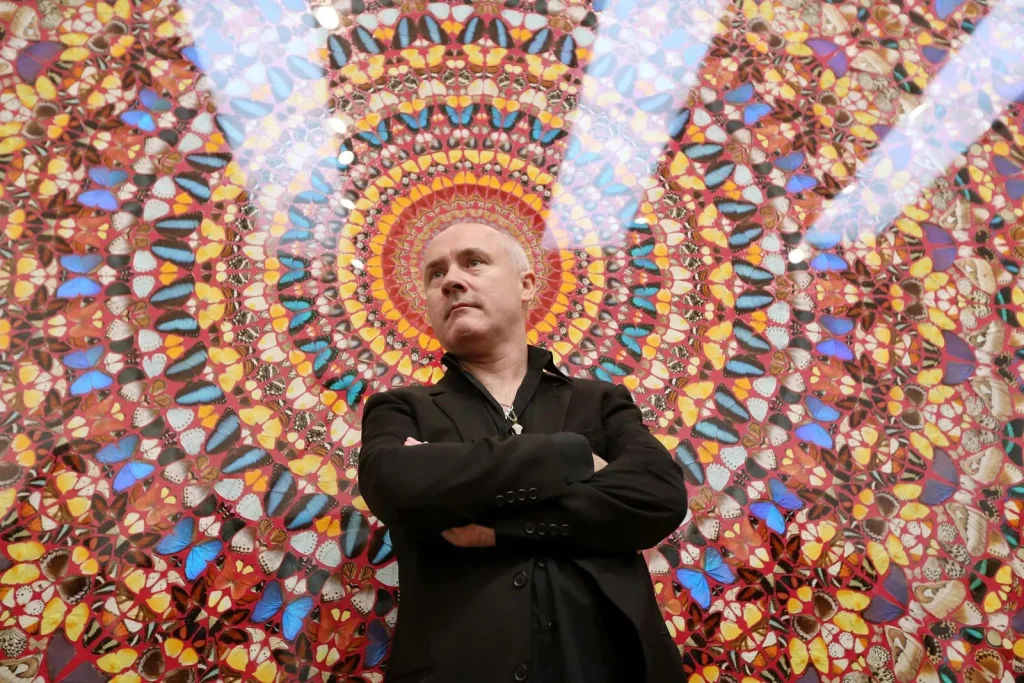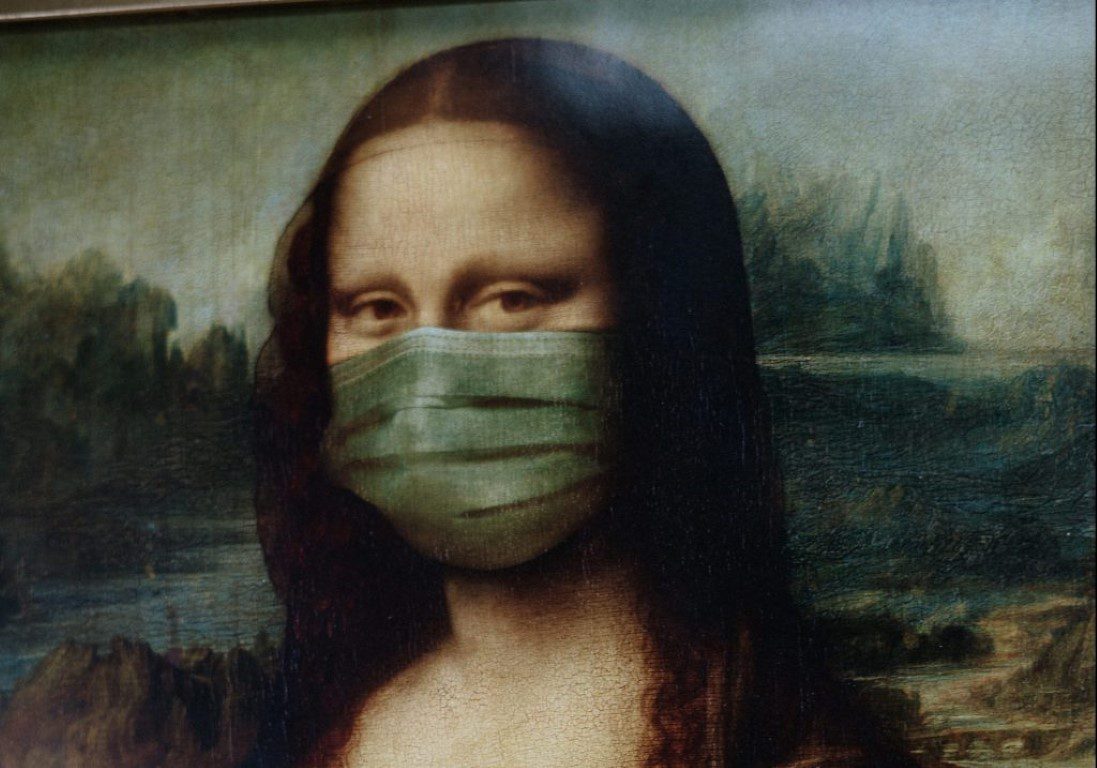Introduction
Damien Hirst, a name synonymous with contemporary art, has left an indelible mark on the global art scene with his provocative, thought-provoking, and often controversial works. In this article, we delve into the fascinating world of Damien Hirst, from his iconic artworks and exhibitions to the controversies that have surrounded him, all while exploring his influence on the art world.
Damien Hirst: A Brief Overview
Born in Bristol, England, in 1965, Damien Hirst rose to prominence in the 1990s as one of the leading figures of the Young British Artists (YBAs) movement. His works are characterised by their audacity and the themes of life, death, and the human condition. Hirst’s diverse portfolio includes installations, sculptures, paintings, and more, all of which have captivated audiences worldwide.
Iconic Artworks and Themes
One of Hirst’s most iconic artworks is the “Shark,” officially titled “The Physical Impossibility of Death in the Mind of Someone Living.” This piece, featuring a preserved tiger shark in a tank of formaldehyde, stirred both fascination and controversy, becoming emblematic of his art. Hirst’s fascination with the fragility of life is evident in works like “For the Love of God,” a platinum cast of a human skull encrusted with 8,601 diamonds.

Hirst’s exploration of life and death extends to his “Butterfly” series, where colorful butterflies are meticulously arranged in kaleidoscopic patterns. His use of pharmaceuticals in art is another noteworthy theme, evident in pieces like “Pills,” which features thousands of individually painted pills.

Groundbreaking Exhibitions
Throughout his career, Hirst has curated groundbreaking exhibitions that challenge the boundaries of traditional art. Notable among them is “Treasures from the Wreck of the Unbelievable,” a fictional archaeological exhibition featuring a vast collection of fantastical relics, blurring the lines between fact and fiction.

His “Metamorphosis” exhibition explores the theme of transformation, often showcasing his fascination with the life cycle of butterflies and other creatures. Hirst’s exhibitions are not merely displays of art; they are immersive experiences that provoke thought and emotion.
Controversy and Critique
Hirst’s work has been no stranger to controversy. Critics argue that his commercial success has sometimes overshadowed the artistic merit of his pieces. The 2008 sale of “Beautiful Inside My Head Forever,” a groundbreaking auction of Hirst’s work, raised questions about the commodification of art and inflated prices.
His use of animals in art, as seen in pieces like “Away from the Flock,” where a lamb preserved in formaldehyde is on display, has drawn criticism from animal rights activists. The moral and ethical implications of his art have been the subject of intense debate.
Legacy and Influence
Despite the controversies, there is no denying Damien Hirst’s lasting impact on the art world. His audacious approach to art and his ability to challenge preconceived notions have inspired a new generation of artists. Hirst’s foray into the world of NFTs (non-fungible tokens) further demonstrates his willingness to embrace emerging technologies in the art world.
Conclusion
Damien Hirst’s art is a reflection of the human experience, exploring themes of life, death, and transformation. His works continue to captivate audiences around the world, sparking conversations and pushing the boundaries of contemporary art. Whether you admire his audacity or question his choices, there is no denying that Damien Hirst has left an indelible mark on the art world, and his legacy is sure to endure for generations to come.
Feature image: Damien Hirst | courtesy: Britannica

11 Famous Artworks of Damien Hirst: Exploring Life and Death.






